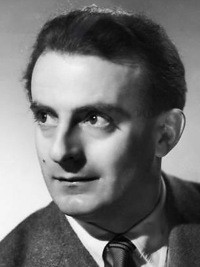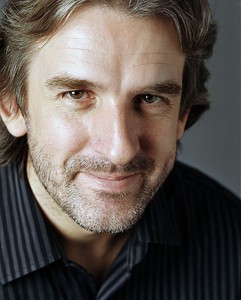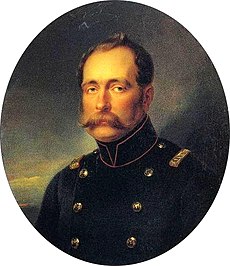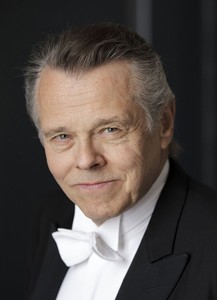
Fernando Previtali (Fernando Previtali) |
Fernando Previtali

The creative path of Fernando Previtali is outwardly simple. After graduating from the Turin Conservatory named after G. Verdi in conducting and composition classes, in 1928-1936 he was V. Gui’s assistant in the management of the Florence Music Festival, and then he constantly works in Rome. From 1936 to 1953, Previtali served as conductor of the Rome Radio Orchestra, in 1953 he headed the orchestra of the Santa Cecilia Academy, of which he is still artistic director and chief conductor.
This, of course, is not limited to the creative activity of the artist. Widespread fame brought him primarily numerous tours in Europe, North and South America, Asia. Previtali was applauded in Japan and the USA, Lebanon and Austria, Spain and Argentina. He gained a reputation as a conductor of a wide range, with the same skill, taste and sense of style, conveying ancient, romantic and modern music, equally skillfully owning both an opera ensemble and a symphony orchestra.
At the same time, the artist’s creative image is characterized by a constant desire to update his repertoire, the desire to acquaint listeners with as many works as possible. This applies to the music of both compatriots and contemporaries of the artist, and composers of other nations. Under his direction, many Italians first heard Moniuszko’s “Pebble” and Mussorgsky’s “Sorochinsky Fair”, Tchaikovsky’s “Queen of Spades” and Stravinsky’s “History of a Soldier”, Britten’s “Peter Grimes” and Milhaud’s “The Obedience”, large symphonic works by Honegger, Bartok, Kodai, Berg, Hindemith. Along with this, he was the first performer of a number of works by G. F. Malipiero (including the opera “Francis of Assisi”), L. Dallapiccola (the opera “Night Flight”), G. Petrassi, R. Zandonai, A. Casella, A. Lattuada, B. Mariotti, G. Kedini; all three of Busoni’s operas – “Harlequin”, “Turandot” and “Doctor Faust” were also performed in Italy under the direction of F. Previtali.
At the same time, Previtali resumed many masterpieces, including Rinaldo by Monteverdi, Vestal Virgin by Spontini, Battle of Legnano by Verdi, operas by Handel and Mozart.
The artist made many of his tours together with the orchestra of the Santa Cecilia Academy. In 1967, the Italian musician conducted the concerts of this group in Moscow and other cities of the USSR. In his review published in the newspaper Sovetskaya Kultura, M. Shostakovich noted: “Fernando Previtali, an excellent musician who perfectly masters all the intricacies of conducting art, managed to vividly and temperamentally convey to the audience the compositions he performed … Performance of Verdi and Rossini gave both the orchestra and the conductor a real triumph. In the art of Previtali, sincere inspiration, depth and vivid emotionality bribe.
L. Grigoriev, J. Platek, 1969





